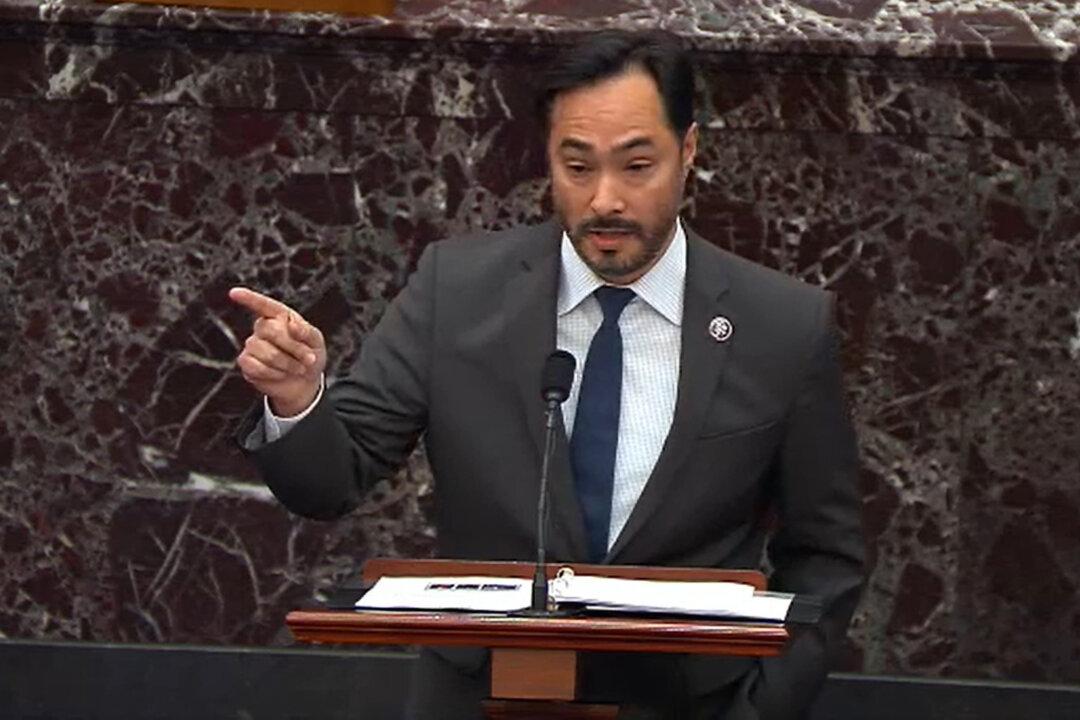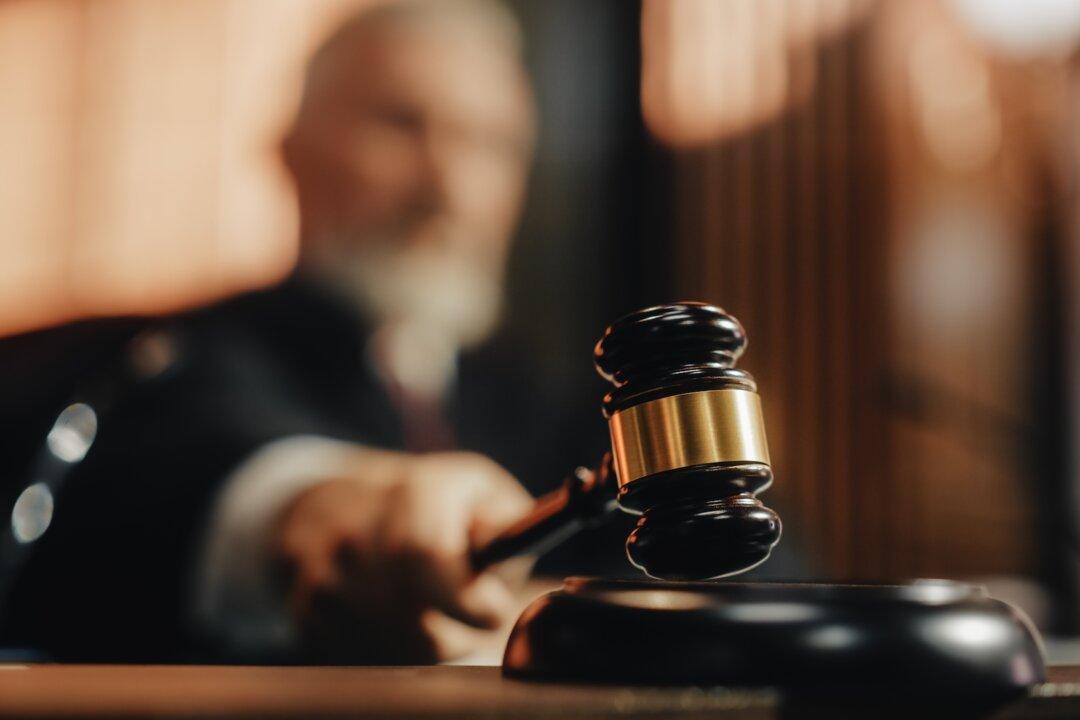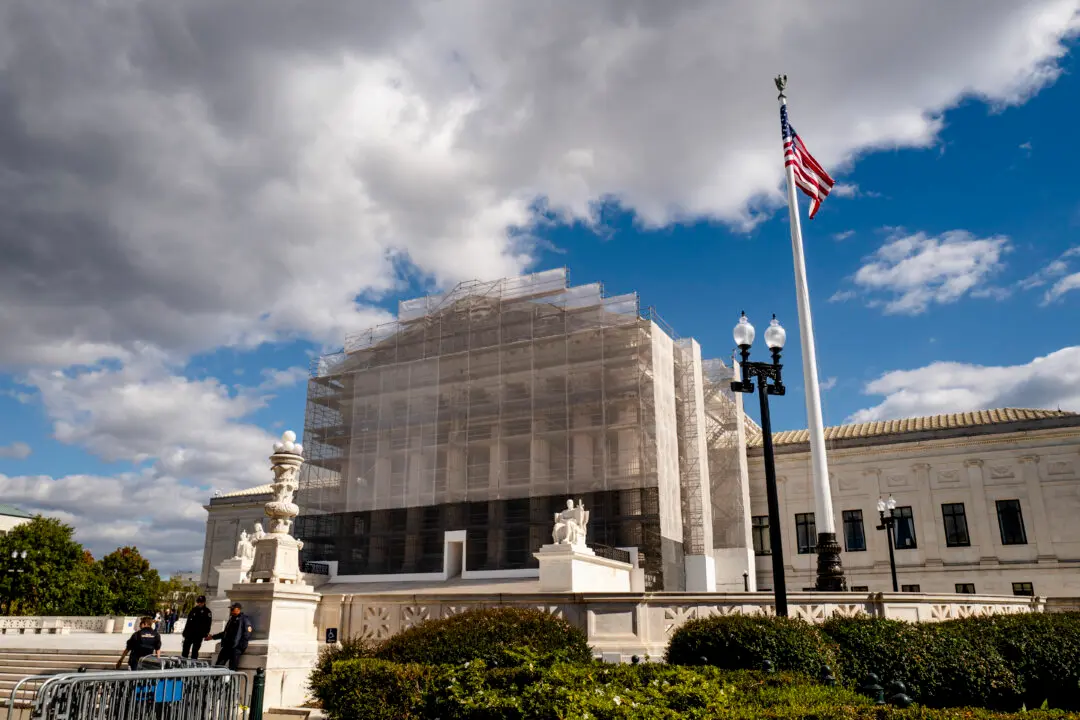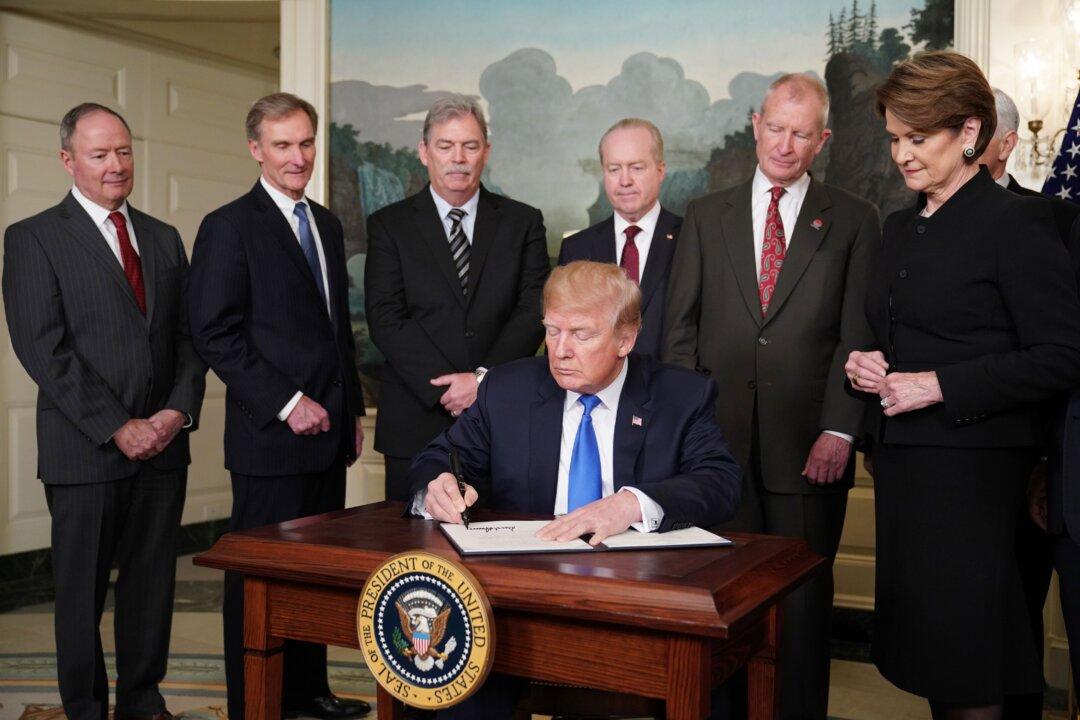Commentary
“No man ever thought of impeaching a man for an opinion.” — Gov. Edmund Randolph, speaking for the Constitution at the Virginia Ratifying Convention, 1788
Edmund Randolph would have been astonished at Day #2 of the Trump impeachment trial, as the prosecutors repeatedly called for conviction because Trump had dared to express his opinions.One of those opinions, floated before the election, was that he’d win if the balloting was conducted fairly. Thus, Rep. Joaquin Castro (D-Texas) charged Trump with telling “his supporters, the only way he could lose the election is if it was stolen. ... He truly made his base belief [sic] that the only way he could lose was if the election was rigged.”





